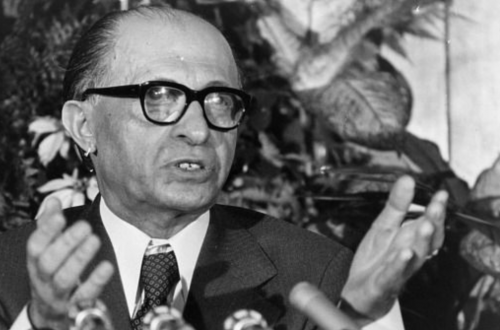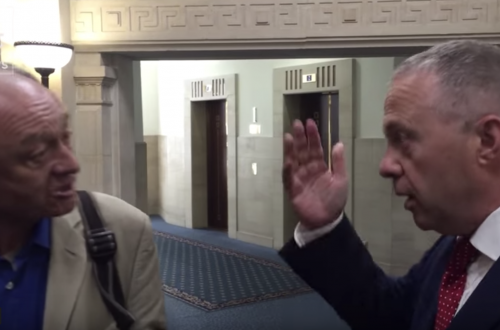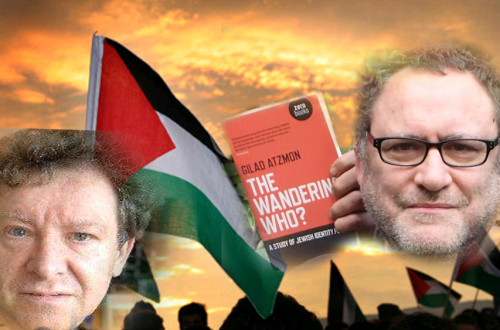No, not all Anglicans. Certainly not all Anglicans. Just the ones who set the Church of England’s policies:
Those phenomenally rich Jews, who try to control Christians with their money, through their powerful lobbies!
The proposer of the motion, Dr John Dinnen, referred to the vast sums he decided had been spent producing a leaflet to explain the opposition to the motion.
What was in fact a modest double sided A4 leaflet “must have cost £1,000”. Another speaker spoke of “powerful lobbies” seeking to influence Synod.
The convert who invokes his Jewish grandmother, killed in the Shoah:
Dr Dinnen then shared a letter from Canon Paul Oestreicher who wrote that the actions of the Jewish community brought shame on the memory of his grandmother who died in the Holocaust.
Good Jews/Bad Jews:
These, apparently, are the Jews whose voices should be heard, because they agree with him. Indeed Dr Dinnen generously included one supporter in this camp because, well, “Esther Wolfson sounds like a Jewish name.”
By this stage of the debate the effort of differentiating between good Jews and bad Jews became a bit too much even for Dr Dinnen.
Jews of today are the wicked Jews of the New Testament:
In his closing remarks he evoked the parable of the good Samaritan in which the uncaring Jews cross the street to avoid helping an injured man, and he concluded by saying that “the Palestinians are being pushed over, while the Jews are quite powerful,” before correcting himself and saying “Israelis” instead of “Jews”.
So now, Jewish-Christian relations are at rock bottom:
Jon Benjamin, chief executive of the Board, said: “We were due to meet at Lambeth Palace the day after the Synod vote but agreed with them that a period of assessment was needed before we meet. Lambeth has acknowledged our concerns about the vote and the language used by a small number of people in the debate.”
Nice work.
Here is Ruth Gledhill, who is upset.
The half-Jewish media vicar, Giles Fraser asks why the C of E chose EAPPI rather than less one-sided outfits, such as the Parents’ Circle:
The specific brief of EAPPI volunteers is to protect vulnerable Palestinians from bullying and intimidation. This is important and necessary work. I support it. But, in itself, it does not offer a 360-degree appreciation of the situation. Where EAPPI is open to challenge is if those who return from 40 days at an Israel checkpoint believe that this qualifies them as mini-experts on the entire politics of the region. They need also to have danced on the bar in Nanuchka in secular Tel Aviv. And have seen children in Gaza handing out sweets when an Israeli soldier has been shot. And been though the heartache of failed peace and broken dreams. And a thousand thousand other experiences besides. It is here that the Parents Circle is a different kind of thing to EAPPI.
He continues:
Nonetheless, the friends of Israel do themselves few favours if they insist that all criticisms of Israel’s behaviour towards Palestinians are motivated by one-sidedness or hostility to Jews. I’m not saying this happens all the time. But when it does, those of us who want to be critical friends of Israel (and Palestine) find that the ground on which we stand is constantly eroded. I believe in the existence of the state of Israel and in its need for security. But the “with us or against us” approach needs to be resisted at all times. And that means holding a position that is likely to draw vociferous criticism from several different quarters. But unless this ground can be held, we concede to a dangerous binary division that can only be settled by further violence. To spell it out: critical friends have a responsibility to be both critical and to be friends.
Yes.
Please forget what you have read above. It would be much much better if we pretended that it was never said, and that this isn’t what Anglicans believe.


